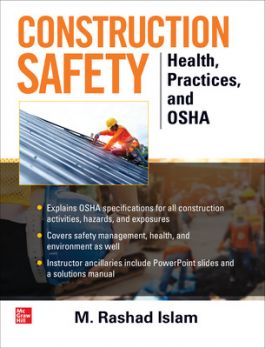 At AIHce 2013, American Industrial Hygiene Association (AIHA) Director of Government Affair Aaron Trippler gave an informal assessment of the political side of occupational safety and health, circa 2014.
At AIHce 2013, American Industrial Hygiene Association (AIHA) Director of Government Affair Aaron Trippler gave an informal assessment of the political side of occupational safety and health, circa 2014.
The reason nothing is getting done in DC is both parties have lost control of their members, said Trippler. New legislators are elected with Tea Party backing and other indie support groups and feel no loyalty to their party seniors. Plus, many party seniors are retiring. It’s political fragmentation, like 150 channels on your cable guide. DC now has many small factions, not two broad-based parties.
The reason no standards are coming out of OSHA for the most part is that business has learned how easy it is to say no, and in effect delay or stop the standards-setting process.
Business groups already are on record saying they will race to the nearest courthouse to sue OSHA if it issues the IP2P standard.
OSHA insiders say the Injury and Illness Prevention Program is not finished in draft form, not ready to be issued as a proposal. Trippler does not see it coming out of the standards pipeline by the end of this year. The same can probably be said for rules on silica, combustible dust, confined spaces in construction, and almost any other standard you can think of.
The problem: OSHA standards and initiatives have very few champions in Congress, and plenty of Republicans who are just saying no.
There’s no such thing as compromise in DC now, said Trippler. Some of the GOP’s ideas: no agency can issue a new reg unless it kills an existing reg; no new reg can be issued until unemployment is under five percent; no reg can be issued until Congress crafts its version of the reg first. With DC in lockdown mode, Trippler says the action is in the states. The hottest issue: safe patient handling, which requires ergo lifting devices to hoist and move patients, rather than the muscle of nurses. Ten to 12 states have passed this requirement, and another 10-12 are considering legislative proposals.
AIHA is currently tracking150-200 occupational safety and health related bills at the state level.









.jpg?t=1721257160)
